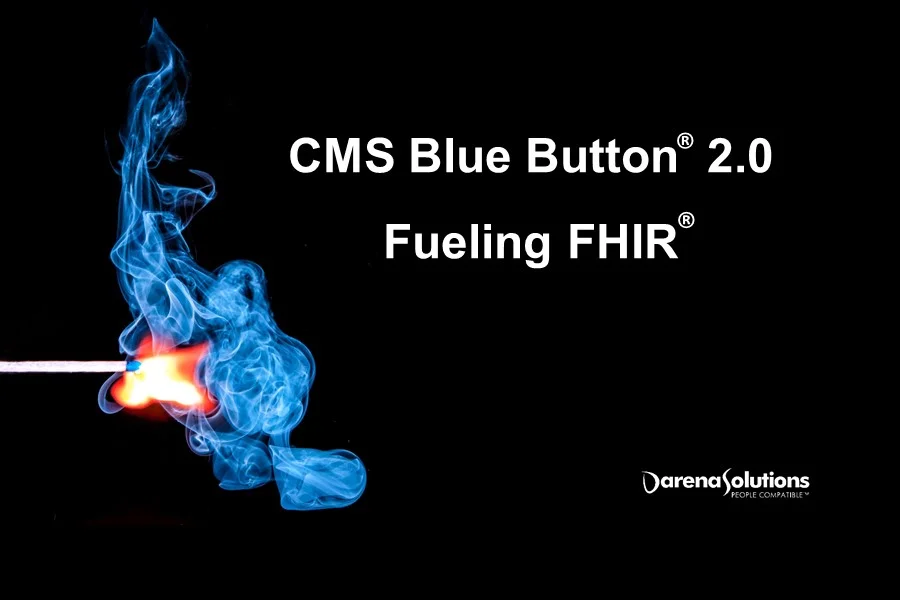Read how Microsoft Azure API for FHIR can be used in conjunction with Microsoft Power BI to meet scientific, clinical, and health policy, and MIPS reporting requirements for a professional association’s clinical registry.
Read MoreIn a previous blog and the recent webinar, we discussed how CMS has redefined the Patient Engagement requirements under MIPS in 2019. In the proposed rule announced during HIMSS, ONC proposed a new certification criterion targeted towards those objectives that EHRs will need to support going forward. There is a lot of concern (and confusion) specially regarding the security requirements related to “enabling access for patients to their medical records”. This blog provides clarification regarding these requirements and the associated security concerns.
Read MoreWhile Apple’s Health App is a great initiative to get healthcare consumer directly involved with FHIR®, there are some serious limitations in this approach. Read how we have used Microsoft® FHIR Server and Azure Cosmos DB in our BlueButtonPRO App to address these limitations while trying to achieve the same end goal i.e. empowering healthcare consumer with access to their healthcare data with Personal FHIR Record.
Read MoreIn our recent blog, we discussed how Microsoft has taken a radically different approach as compared to Amazon and Google for their FHIR® offerings. Yesterday Microsoft announced Azure API for FHIR that adds to it’s open-source project for FHIR. We gave it a try.
Read MoreIn our last blog we discussed how Apple, Google, Microsoft and Amazon are planning to leverage the HL7® FHIR® standard. This discussion would be incomplete without the mention of probably the largest FHIR solution in the country today managed by a (non-tech) organization. I am talking about Blue Button 2.0 by Centers for Medicare and Medicaid Services (CMS).
Read MoreA recent blog post by ONC in 2018 highlighted some amazing analysis around the adoption of FHIR® in the US. The post briefly mentioned how Apple, Google, Microsoft and Amazon are planning to leverage the HL7® FHIR® standard. This blog discusses how some of these tech giants are approaching FHIR.
Read MoreFHIR has gained a lot of momentum in a very short time. Learn with the help of a a simple scenario to demonstrate how FHIR could drastically reduce data entry burden for reporting the MIPS Quality Performance Category.
Read MoreThe key differentiator of FHIR from any previous standards used in the healthcare is the portability of FHIR “resources”. This granular approach to storing and consuming healthcare data opens up many more new opportunities as compared to the traditional document-based methods. However, this approach also presents some challenges. Can Azure Cosmos DB be the perfect solution to those challenges?
Read MoreOver the last decade, billions of American tax payer dollars have been spent to achieve “interoperability” in healthcare. Has it worked? The answer depends on who you ask. However, everyone agrees that we have a long way to go. Can FHIR® might be the answer to the interoperability conundrum?
Read More









